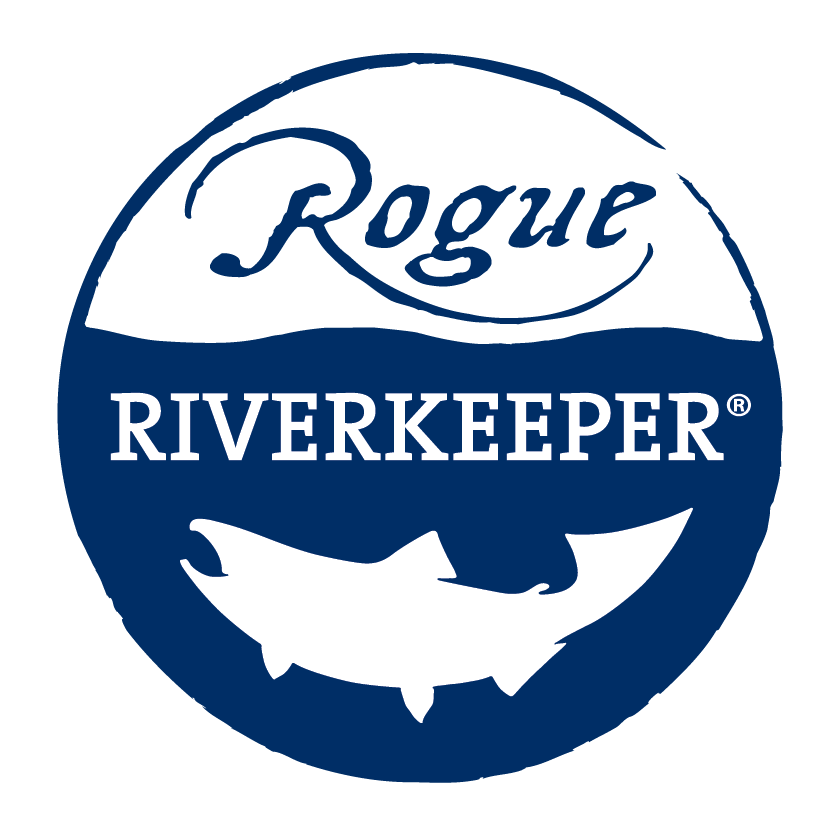Press
FOR IMMEDIATE RELEASE: Tuesday, August 21, 2018
Contact:
Stacey Detwiler, stacey@rogueriverkeeper.org, 541-488-9831
Hannah Sohl, Hannah@rogueclimate.org, 541-840-1065
RECORD NUMBER OF COMMENTS TO OREGON DEQ ON CLEAN WATER PERMIT FOR
JORDAN COVE LNG EXPORT TERMINAL & PACIFIC CONNECTOR PIPELINE.
(MEDFORD, OR)
More than 42,000 comments were submitted to Oregon’s Department of Environmental Quality (DEQ), overwhelmingly in opposition to the Jordan Cove LNG export terminal and Pacific Connector fracked gas pipeline. This unprecedented number of comments ask the agency to deny the Clean Water Act permit required for the project. In the last month, thousands of comments flooded in after Oregon DEQ extended the comment period as a result of public pressure. The comment period closed yesterday, on Monday, August 30.
Opposition to the project continues to grow across the region. Last week, over 200 impacted landowners, youth, tribal leaders, health professionals, and environmental and climate advocates met in Medford to ask the Oregon DEQ to deny the Clean Water Act permit for the project.
“This project would benefit a private corporation while the rest of us would bear the risks to our rivers, drinking water, climate and local economy. We need Governor Brown and our state agencies to stop this project and help our state transition to clean energy instead,” said Hannah Sohl of Rogue Climate.
Under the Clean Water Act, the state of Oregon has the authority to deny permits for projects that could harm clean water. Similar fracked gas pipeline projects across the country have been stalled or stopped completely when these permits are denied by state agencies. In 2010, Oregon DEQ denied this Clean Water Act permit for the Bradwood LNG export terminal and pipeline proposed for the Columbia River. The Bradwood project would have required far less dredging and impacted half as many waterways and wetlands as the Jordan Cove proposal.
“Our state has substantial authority to stand up for Oregonians and challenge harmful projects that put our clean water and our communities at risk by denying this Clean Water Act permit,” said Stacey Detwiler of Rogue Riverkeeper.
The Pacific Connector pipeline, proposed by a Canadian corporation called Pembina, would cut through at least 485 rivers and streams in Oregon, including the Rogue, Klamath, Umpqua, Coquille, and Coos Rivers. Construction of the pipeline will require damming and diverting small streams, harming habitat for fish and increasing pollution. Under large rivers like the Rogue, the company proposes to use drilling technology prone to failure and massive releases of sediment and drilling chemicals. Additionally, the pipeline would require drilling through 12 public drinking water sources and an unknown number of private wells, putting more than 116,000 southern Oregonians’ drinking water at risk from the impacts of pipeline construction and chemical contamination.
###
